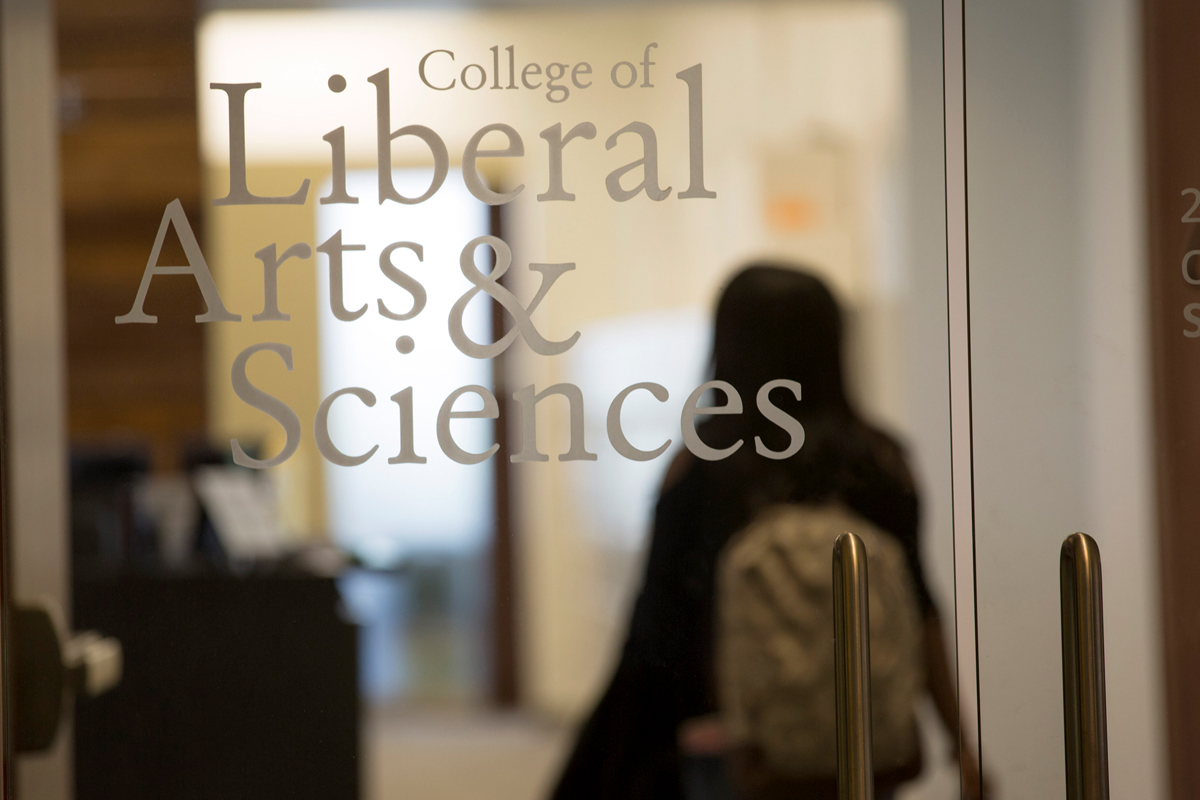Economics
Economics is concerned with the creation, consumption, and transfer of wealth. The study of economics encompasses the major areas of microeconomics, which explores how people and firms produce and consume goods and services, and macroeconomics, which explores mass economic progress and inter-country trade. Economic methods may be used to study all kinds of issues, from land and other natural resource use, to how much people should work, to how to develop human capital through education. Economics can provide insights in areas as diverse as how workers should be rewarded, how government should conduct fiscal and monetary policy, and how health care markets work.
- ECON 102—Microeconomics
- ECON 103—Macroeconomics
- MATH 220—Calculus
Students should consult with an academic advisor regarding course selection prior to the advanced registration period.
Since Economics is both a social science and a business-related field, it provides useful training for a wide variety of careers. Financially oriented firms (e.g., insurance companies, banks, and brokerage houses) hire people with economic degrees for such positions as financial analysts, risk management analysts, and financial advisors. Firms from a wide variety of other businesses also hire economics majors for positions in consulting, sales, or as management trainees. Similarly, in government there are many agencies at the local, state, national and international level that hire graduates with an economics degree. These include the Federal Reserve System, the Treasury Department, the Justice Department, the Commerce Department, the Federal Trade Commission, the International Monetary Fund, the International Bank for Reconstruction and Development, to mention only a few. Learn more about career paths here.
- Ability to give advice on business
- Ability to prepare & write reports
- Active learning
- Active Listening
- Analytical Skills
- Computer literacy
- Computer Skills (beyond just literacy)
- Critical thinking
- Different learning strategies
- Investigative skills
- Mathematics & science
- Oral & Written communication
- Reading comprehension
- Research skills
- Actuary
- Bank Research Analyst
- Claims Examiner
- Collection Agent
- Commodities Analyst
- Commodities Trader
- Controller
- Consulting Analyst
- Economic Research Assistant
- Economist
- Examiner
- FBI or CIA Agent
- Financial Analyst
- Financial Planner
- Health Policy Planner
- International Trade Specialist
- Lawyer
- Management Accountant Bank
- Market Research Analyst
- Marketing or Sales Manager
- Mortgage Loan Officer
- Public Administrator
- Purchasing Agent
- Securities Broker
- Statistician
- Tax Consultant
- Technical Writer
- Transfer Pricing Analyst
- Underwriter
Some careers may require education beyond an undergraduate degree.
- Participating in undergraduate research
- Applying for a study abroad experience
- Utilizing resources of The Career Center
- Joining a Registered Student Organization (RSO) related to this major, such as:
- Economics Club: investigates the role of economics in business, hosts visiting businesses/organizations, and informs people interested in economics.
- Econ Ambassadors: represents the Department of Economics in various capacities and act as a student advisory committee for the Undergraduate Studies Office.
- Illini Women in Economics: The group provides relevant support, resources, and opportunities to encourage more female participation in economics.
- Omicron Delta Epsilon (ODE): is an internationally recognized honor society for economics.
- Illinois Economics Consulting (IEC): is an RSO at the University of Illinois that connects economics students with businesses and government agencies in Champaign-Urbana.
There are several professional organizations dedicated to Economics. Their websites might be able to provide a glimpse in the world of Economics. These organizations include National Association for Business Economics and American Economics Association. For more information about the major check out the Department of Economics Website.


